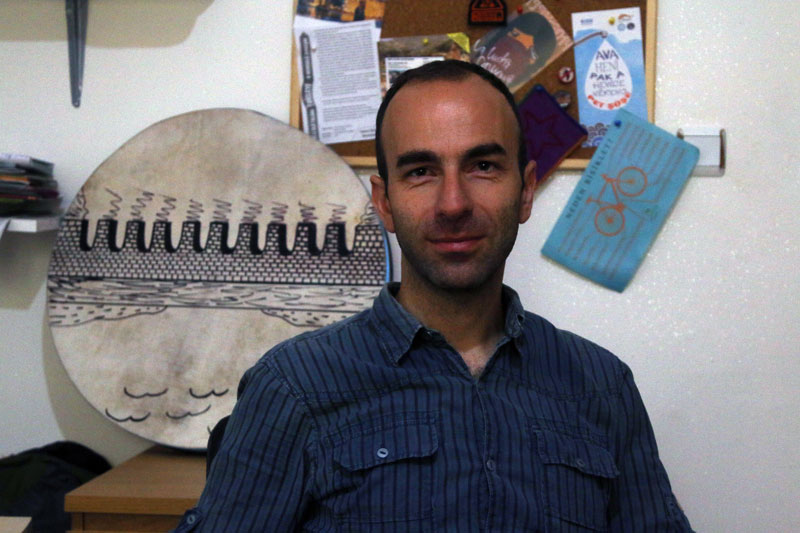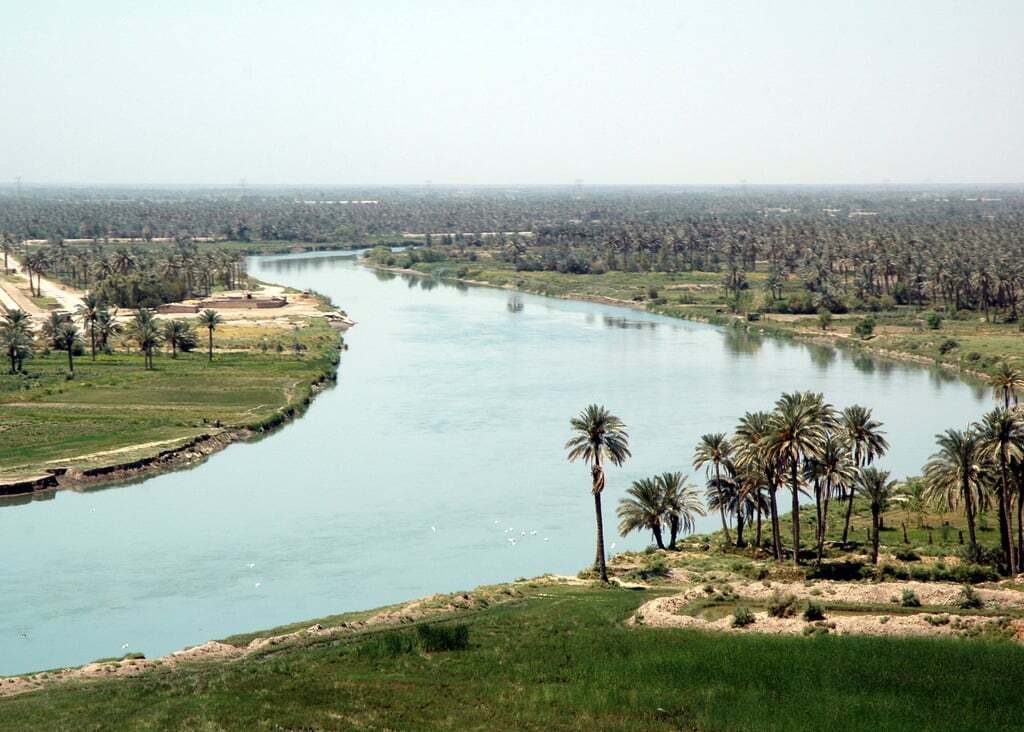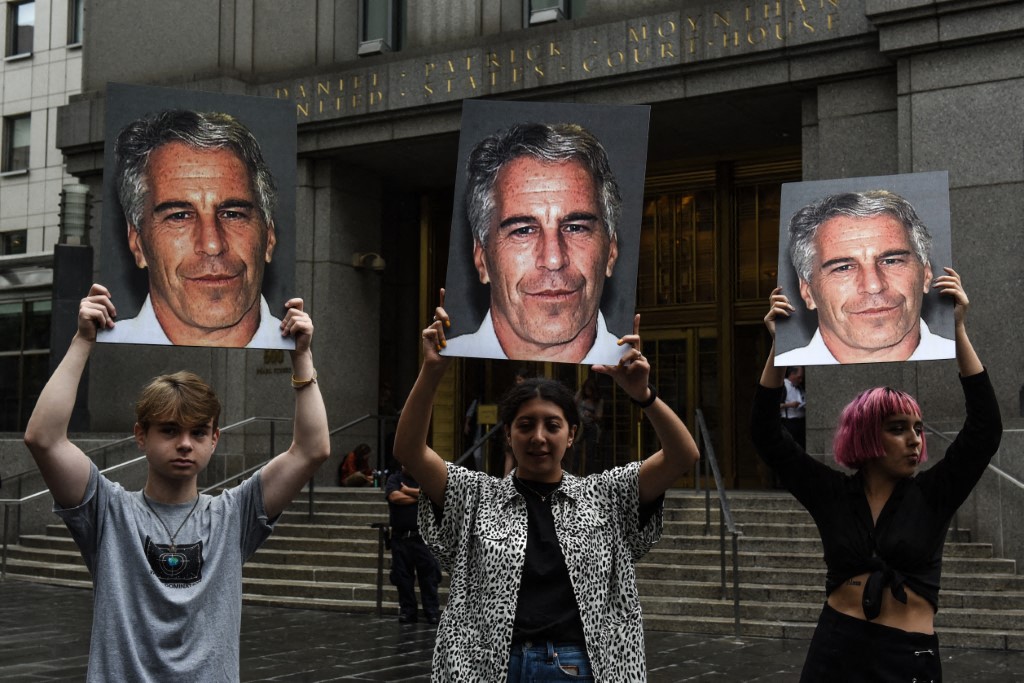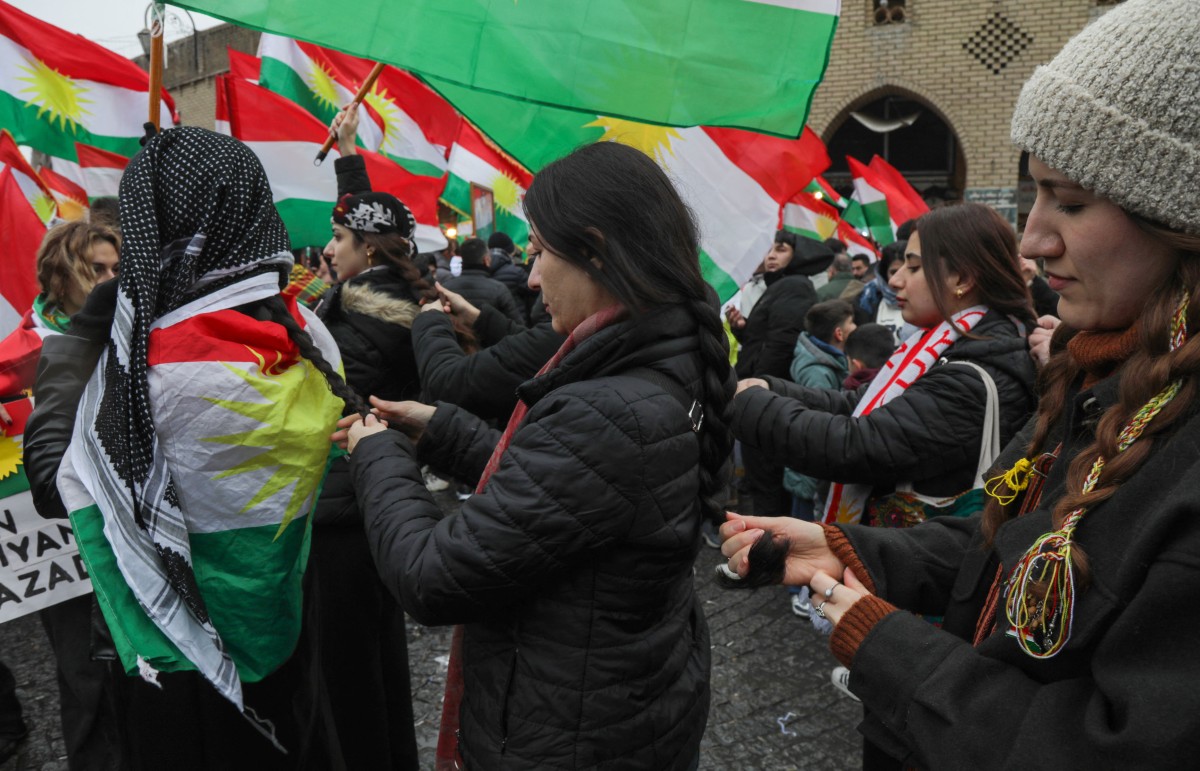Mesopotamia Water Forum in Amed: Crisis, Justice, and Shared Governance
The Second Mesopotamia Water Forum, to be held in Amed, brings to the agenda a search for “democratic and ecological governance” in response to the region’s deepening water crisis. The forum aims to shape a new framework that will guide future water policies across the region.
The Tigris and the Euphrates, lifelines of Mesopotamia across centuries, have increasingly been used as political instruments in recent decades, especially as tools of geostrategic pressure. The Second Mesopotamia Water Forum, taking place between October 17 and 19 under the auspices of the Amed (Diyarbakır) Metropolitan Municipality, aims to examine the consequences of this instrumentalization and discuss possible alternatives. It seeks to create a regional platform for dialogue on the equitable sharing and future of these bodies of water.
The fact that the Forum, first held in Sulaymaniyah in 2019, is now being organized after six years demonstrates the severity and urgency of the water crisis in the region
Regional Water Crisis
“Mesopotamia is a region divided into four parts, yet the mentality of the states is the same.”
The vast Tigris–Euphrates basin encompasses Turkey, Syria, Iraq, and Iran and its water meets the drinking, agricultural, and energy needs of millions. However, the increasing number of dam projects, uncontrolled water consumption, and climate change in the last two decades have severely disrupted the basin’s ecological balance. Speaking to The Amargi, Ercan Ayboğa, from the Mesopotamia Ecology Movement and a member of the forum’s organizing committee, summarizes the source of the crisis: “Mesopotamia is a region divided into four parts, yet the mentality of the states is the same. They see water not as a source of life, but as an economic and political tool. For this reason, the crisis has a much deeper and structural character than climate change itself.”
“The flow of the Euphrates River has dropped by half compared to fifty years ago.”
According to Ayboğa, misguided policies have permanently disrupted the water cycle: “Access to water is unjust; the waters are being polluted, and their volume is decreasing. Thousands of people have been forced to migrate because of the dams. In the lower basins, especially in Syria and Iraq, access to water is increasingly restricted. The flow of the Euphrates River has dropped by half compared to fifty years ago.”

But the problem is not limited to the lower basins. Similar injustices are also taking place in Northern Mesopotamia. The waters in dam reservoirs have become monopolized by large companies. Local communities cannot meet their basic water needs. A class-based hierarchy has emerged, with water distribution being controlled by a system based on money. Ayboğa points to the monopolization of water as the root cause of this inequality: “The state controls water. Municipalities, local administrations, and civil society have no say. There is centralized planning, and local administrations are excluded from this distribution.”
The Politicization of Water
The dams built by Turkey under the Southeastern Anatolia Project are an important case of this instrumentalisation. The water storage capacity in the upper basins of the Euphrates and the Tigris severely restricts the flow to the lower basins, particularly in Syria and Iraq.
Ayboğa interprets this situation as the opposite of‘water security’: “States are using water as a security tool, and in doing so, they are threatening the security of other people. Turkey makes this very clear by cutting off the water flowing to Northern and Eastern Syria, especially during the summer months. In spring and summer, the discharge rate drops to as low as 200–250 cubic meters per second. Irrigation and drinking water are directly affected by this; thus weaponizing water. In Iraq, Turkey cannot cut the water so drastically, but it uses it as a means of pressure in its negotiations with the state.”
In Search of Democratic Water Governance
Given these circumstances, the forum to be held in Amed stands out as being a political platform where a new understanding of governance will be discussed—going far beyond a merely technical environmental event. Among the forum’s conveners are the Amed Metropolitan Municipality, the Mesopotamia Ecology Movement, the Save the Tigris Campaign, the Regional Coordination Boards of the Union of Chambers of Turkish Engineers and Architects, the ecology associations of Wan and Mêrdîn, as well as various institutions from Iraq and Syria.
In the three-day event, discussions will focus on rethinking water beyond a ‘natural resource’ but rather on its role in engendering peace and solidarity. In the first session, ecologists from Iran, Iraq, Syria, and Turkey will present the regional water situation in a panel titled “The State of Water Across All Regions of Mesopotamia.” In the second session, Prof. Dr. Beyza Üstün, Agit Özdemir, and Hussein Ali Hussein will discuss the current water crisis under the theme “Analysis and Perspectives of Water Policies.” The
Northeast Syria Ecology Platform will also contribute to this session through a video link.
Three Themes, One Shared Goal
On the second day of the forum, discussions will deepen through three parallel workshops:
Water, peace, and freedom: How water relates to social justice, women’s role, and nature’s rights;
Water management in Mesopotamia and the liberation of the water basin: The destruction caused by development projects and dams, the participation of local administrations, and community-based solutions;
People-powered water diplomacy: Cross-border local collaborations and non-state diplomacy; the idea of forming a water coalition that would connect cities such as Amed, Mosul, Basra, and Ahwaz.
Ayboğa says these three themes will nurture the vision of “democratic and ecological water governance”: “Water is not merely a human right; it is a right to life. On this basis, we see it as part of the democratic struggle itself. Water governance must be organized at the local level and built upon democratic principles. Democratic mechanisms must be established at the basin level, involving local administrations and civil society. The forum opens this approach up for discussion.”
On the final day, the forum will begin with a general session where the outcomes of the three-day discussions will be shared. Reports prepared in the workshops will be presented, and the forum’s joint declaration will be announced to the public. The event will end with a visit to the Tigris River and the Hevsel Gardens.
A New Ground for Regional Cooperation
An additional goal of the forum is to facilitate the coordination of local administrations across borders. On this matter, Ayboğa states: “Democratic and ecological water management unions should be established among the cities of Mesopotamia. This network could create a force capable of balancing the hegemony of states.”
This proposal redefines water in Mesopotamia—not merely as a source of conflict, but as an element with the potential for cooperation.
From Sulaymaniyah to Amed
The final declaration of the first Mesopotamia Water Forum, held in 2019 at Sulaymaniyah University under the title “Water in Mesopotamia under attack,” has set the groundwork for today’s discussions. The declaration identified excessive water extraction, deforestation, untreated wastewater, and the ecological destruction caused by dam and canal projects.
After a six-year interval, the second forum, to be convened in Amed, aims to turn those earlier findings into an actionable plan. According to Ayboğa, this is not merely an environmental gathering: “This forum is a step toward developing a common water policy by local administrations and the people themselves against the hegemony of states. The cities of Mesopotamia must act together to protect and fairly share water.”
Rengin Azizoğlu
Rengin Azizoğlu is journalist and news editor based in Istanbul.




